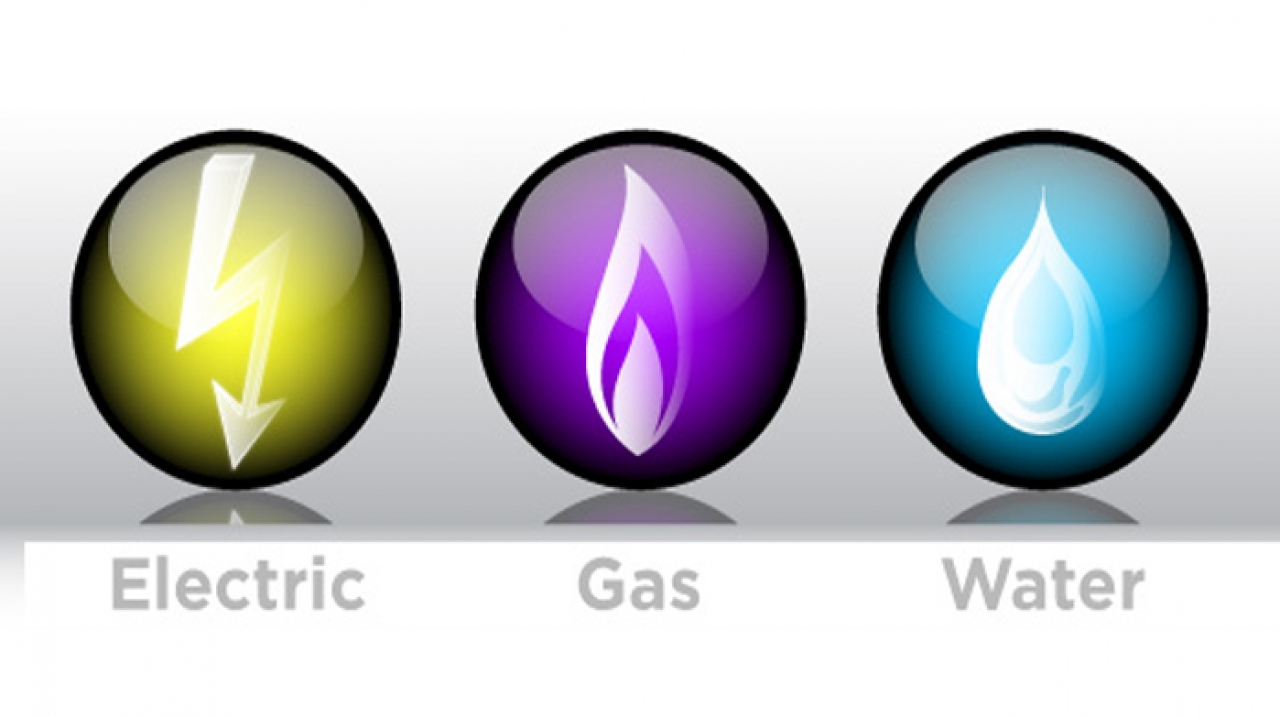Energy Price Cap May Be Adjusted More Often: What Will Happen With Your Bills?
The Energy Price Cap has been a check against price gouging in the energy market since it was first introduced in 2019. But in October 2021, huge rises in wholesale energy costs saw the Energy Price Cap rise substantially from £1,138 to £1,277. A rise of 12 per cent, and the highest increase since its inception. In order to keep pace with a volatile global market, energy regulator Ofgem has proposed changes to the energy price cap that could see prices climb higher and more often.
Here we’ll look at the proposed adjustments to the Energy Price Cap and how they’re likely to affect your household.
What is the Energy Price Cap?
The Energy Price Cap is a limit imposed by Ofgem on suppliers. It represents the maximum that they can charge per year on a standard tariff. The cap was first introduced in January 2019. Until then, the private energy market was free to police its own prices. Energy suppliers were free to charge pretty much whatever they wanted, in the knowledge that consumers would switch to a different supplier if their prices ceased to be competitive.
Why is the price cap important?
The cap is important because it protects energy consumers from what former Prime Minister Theresa May called “rip off” energy bills. However, the recent energy market crisis has tested the extent to which the cap is fit for purpose.
How and when is the price cap calculated?
The energy price cap is usually adjusted twice a year. Once in April, and again 6 months later in October. It is calculated based on a number of factors such as the cost of wholesale energy, operational costs for suppliers, and the charges paid to the National Grid in order to maintain the energy networks.
However, proposed changes would enable the energy regulator to adjust the cap more frequently under exceptional circumstances.
Why is the energy price cap going up?
The energy price cap has increased sharply because of a steep rise in wholesale energy costs around the world. Wholesale gas prices have increased by 250%, while electricity costs have also increased dramatically due to a loss of wind energy production in 2021 caused by the gentler winds.
As such, energy providers have had to increase their prices. However, the 6-month wait between Energy Price Cap adjustments has proven problematic for many energy suppliers.
How did the energy market crisis affect the price cap?
The energy market crisis saw operational costs rise exponentially for energy suppliers. In the wake of the pandemic, demand for wholesale gas skyrocketed, with nations scrambling for whatever reserves they could get. This meant that suppliers had to pay over twice as much for their wholesale gas. However, because the energy price cap limited the amount by which suppliers could raise their prices, they had to bear these costs without the increased revenue from higher energy bills.
Because energy suppliers were unable to increase their prices gradually, this has given rise to a steeper and more pronounced rise in energy costs when the price cap increased in October of 2021.
Will the energy price cap increase next year?
The cap is due to be reviewed in February 2022 with changes to come into effect the following April. The business department has confirmed that there will be no increase in the price cap until this time. However, industry analysts expect the next rise to be even more pronounced, rising from £1,277 to £1,752.
Energy suppliers to have a say on the energy price cap
In December 2021, Ofgem will launch consultations with energy industry stakeholders to discuss the possibility of changing the frequency with which the energy price cap will be adjusted in future. This will allow energy suppliers to influence the energy watchdog’s decision-making.
Suppliers will be invited to discuss whether the current cap is fit for purpose in today’s volatile market, how the cap will be administered in the future, and the effects that a new cap will have on suppliers’ cash flow in line with other obligations like the ECO4 scheme.
How is the energy price cap affecting the energy suppliers?
Since energy companies operate on razor-thin profit margins anyway, the price cap caused cash flow crises for many energy suppliers, with over 20 going out of business this year. Because they were unable to keep up with the rising costs of wholesale energy, smaller suppliers (who had built their business models around more competitive pricing) were unable to maintain their operational spending. With Bulb going into administration, this could give rise to an energy market where only the “Big 6” suppliers remain.
How can this measure help the suppliers?
Adjusting the energy price cap more frequently would help suppliers by enabling them to adjust their prices more quickly in reaction to market volatility. This could help to improve liquidity and prevent more suppliers from going under.
What will happen with your energy bills?
While this measure may be good news for energy suppliers, it could prove unsettling for many energy consumers. The unfortunate truth is that further rises in energy costs are on the horizon for many, especially those that rely on gas to heat their homes.
Peter Smith from the fuel poverty charity National Energy Action voiced concern that increasing the Energy Price Cap more frequently throughout the year “could create a desperate situation for consumers, if every quarter for example, they were hit with unmanageable price increases at a time when so many are already stretched to the limit”.
“Ofgem needs to remember millions of energy consumers will have faced a very bleak winter and the prospect of further, more regular rises will be unthinkable”.
There is currently support for the most vulnerable energy consumers who may be struggling with heating and energy costs this winter. These include the Winter Fuel Payment, Warm Home Discount and the Cold Weather Payment. There is also talk of the government increasing the Warm Home Discount and making it more widely available among the poorest energy consumers.

 By
By 



Share this with
Email
Facebook
Messenger
Twitter
Pinterest
LinkedIn
Copy this link